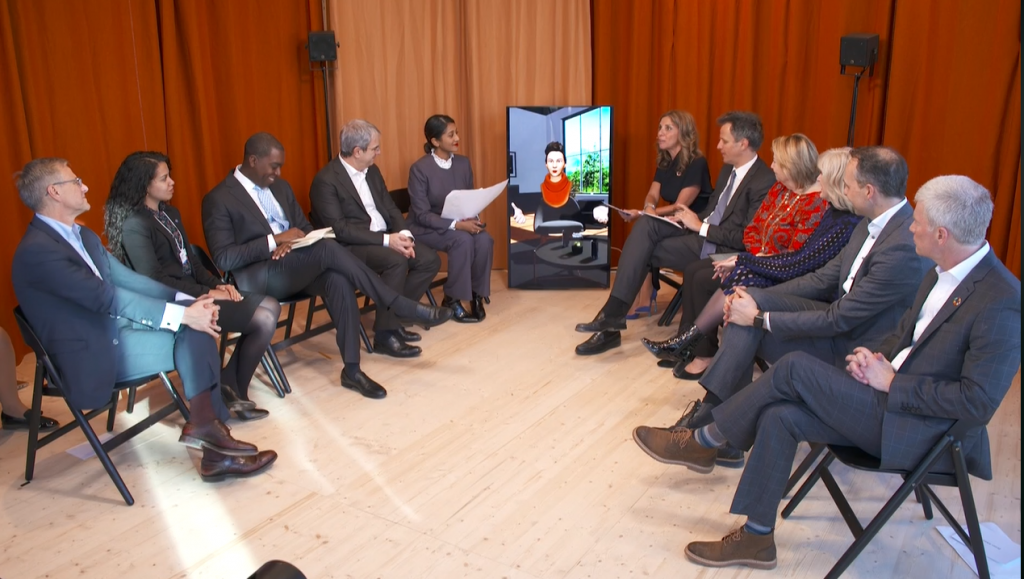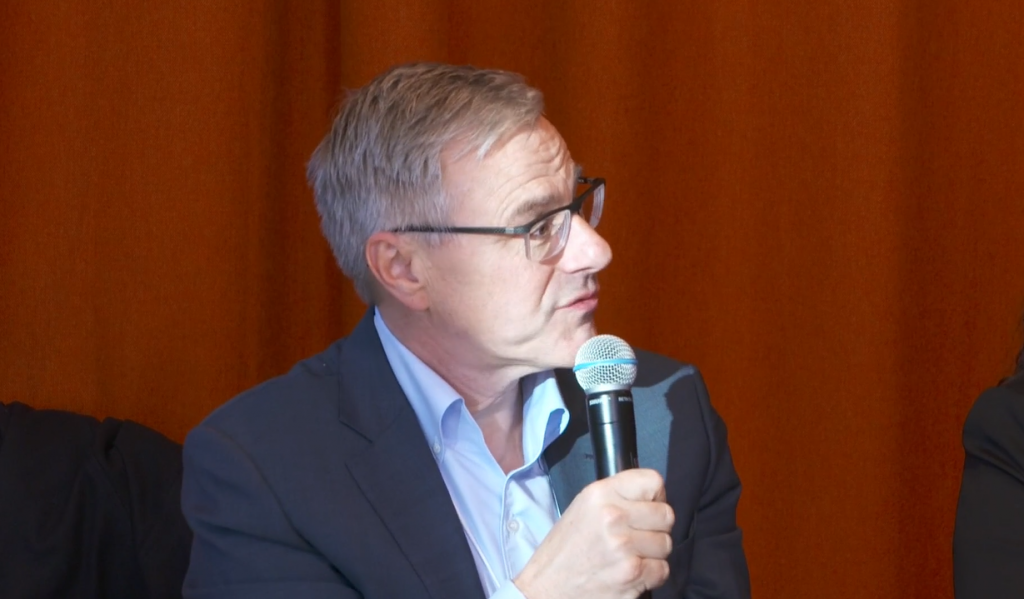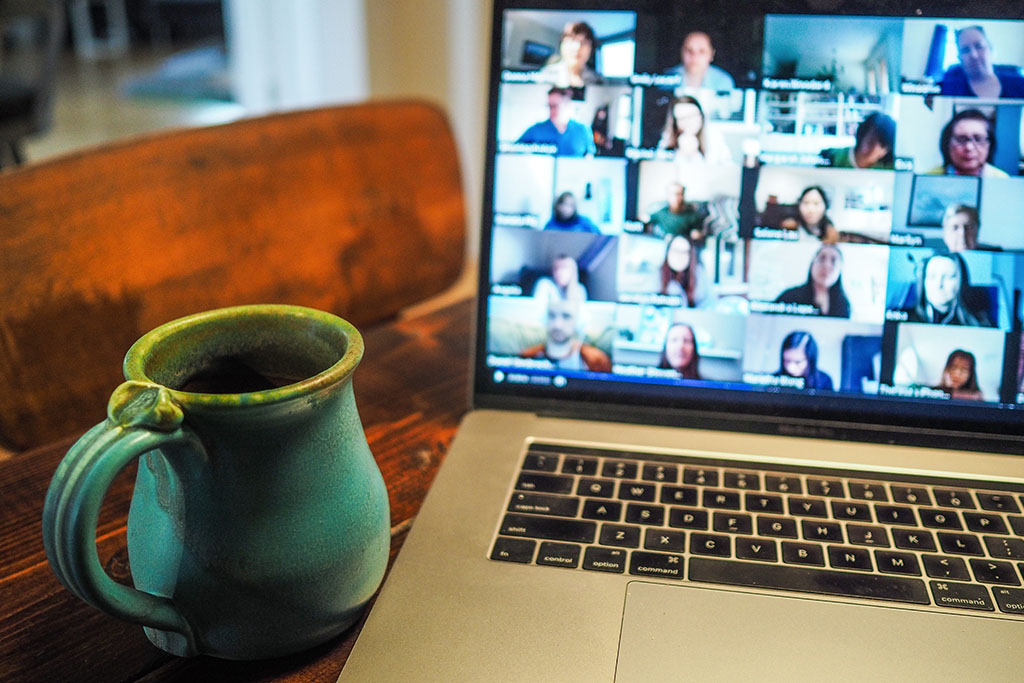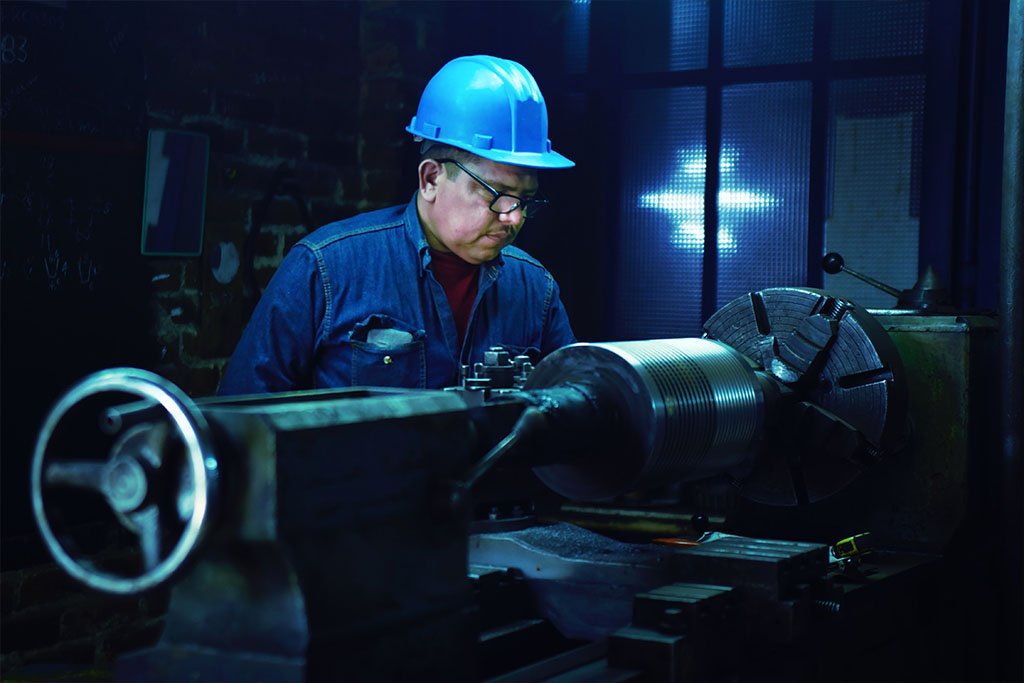Last year we took part in the global ‘Alliance for YOUth’, a partnership of 20 international, private companies committed to tackling youth unemployability. One year on it has exceeded targets and helped around 10 million young people build on their employment skills for the future.
To mark the occasion, in a Facebook LIVE event broadcast from this year’s World Economic Forum Annual Meeting, young people asked a panel of CEOs the big questions on the Future of Work.

This is how the conversation played out.
🟡 How can we get a better understanding of the current labour challenges?
We can’t. Around 60% of children entering primary school today will have a job that doesn’t exist yet. However according to David Rawlinson, CEO of Nielsen Connect there are certain trends that can be measured to predict how environments might change. Population changes and city size, consumers values, keeping up to date with how new technologies are being used in the workplace, as well as household sizes and structures are all factors that will all shape the future economy.
🟡 How can your company help us join the labour market?
Alain Dehaze, CEO of the Adecco Group, underlined the role his company is playing in upskilling and reskilling the workforce. “We’re doing this because surveys have showed that people are losing around 40% of their skills after three years.” So after 10 years a number of skills are obsolete. Bas Burger, CEO of Global Services at BT, said that his company is dedicating resources to graduate programmes and internships to make sure they’re getting people into the organisation when they’re young, so they can train and support them throughout their career.
🟡 What factors help young people succeed?
According to Burger, the ambition of young people and their ability to learn as well as the energy they bring are most valuable for an organisation. “The graduates in our organisations are the ones that change our very long-standing issues with very innovative ideas.” Alain Dehaze agreed, saying that going forward young people would be required to have solid STEM skills. “But what is even more important is what we call the ‘soft skills’, empathy, creativity, teamwork. Unfortunately today the education system isn’t providing those sorts of soft skills.” These are the ones that companies should focus on developing in their young talent to ensure a successful labour force.

🟡 What skills do you look for when hiring young people?
Arthur Sadoun, CEO of Publicis, said as well as being able to collaborate and work hard, it’s important to be nice. “I mean listening to others, not take credit for something, truly listening.” He says as the pressure mounts in the workplace and environments are becoming more competitive, it’s increasingly hard to show these qualities. The leaders also agreed that companies are currently in a period of hard transformation and the young need to demonstrate skills to match this. They need to be fluid and adaptable. “Transformation is hard and it’s about resilience,” said Sadoun. People who get knocked down need to be able to pick themselves up again. “When you find this kind of young talent they can go far.”
🟡 How can big companies be attractive to a generation that wants to work for environmentally sustainable companies?
Bas Burger from Global Services at BT made the point that if young people really want to have an impact on climate change then working for a big company will give them the opportunity to have the biggest influence. “Most of the large companies I know really want to educate people well, which will allow you to be more effective in a short period of time.” Brian Sikes, who leads Cargill’s global protein and salt businesses, stated that if a company acts responsibly and sustainably, they’re more likely to appeal to young people. The challenges industry is facing with climate change can be tackled more successfully with young people challenging them from inside the organisation.
🟡 What new values can our generation bring to the table?
Nicola Sharon Mendelsohn from Facebook said ultimately young people have the power to make businesses better. “All the research tells us that the values you hold as a person is what you look for in a company.” She said the young are digital champions, skills that all companies currently need. “The youth of today also think globally,” an attitude that’s definitely changed in recent years. Their passion for diversity and inclusion is something that should be driving companies to reflect on and act on.
🟡 How fast is your company managing the transition to environmental sustainability?
Julie Teigland EY EMEIA Area Managing Partner, said her company has committed to be carbon neutral by 2020. But she also stressed that a carbon footprint of a professional services company is very different to that of a manufacturing company – so each business needs to think about their own situation carefully.
🟡 What compromises do big companies have to make to tackle climate change?
All of the leaders agreed that big companies need to make commitments not compromises. But for the Adecco Group, which serves 100,000 enterprises every day, the biggest challenge is time. Alain Dehaze asked why companies aren’t all acting now. “We don’t yet have the technology. We need time to research and develop the solution.” He said that’s where young people can play a role. They are needed to be innovative and push the boundaries so climate change can be tackled effectively.

🟡 How can we get a better understanding of the current labour challenges?
Laurent Freixe, Vice President of Nestlé, said that he thinks young people want to work for companies with values and a purpose with sustainability at the core. “We only have one planet and this is their future”. He said big companies need to learn to be more open, more transparent as these qualities really resonate with young people. “We need to be more connected and work together to make a greater impact. We have the power to change the world and that will be very attractive for young people.”
🟡 What can companies do now to attract young talent?
Facebook’s Nicola Sharon Mendelsohn said flexible working culture is something companies can implement immediately to attract the youth. Millennials aren’t afraid to move jobs, so to encourage them to stay at a company long-term they need to feel that if they are good, then they will progress fast. The young want to be active and busy. Physical and emotional wellness was brought up by Pat Milligan an executive from Mercer. She said companies need to create an environment where people feel comfortable talking about mental health. “They’re not going to tolerate working for a place that’s not doing this.”



